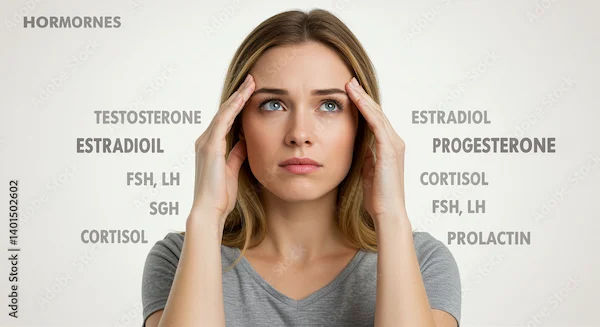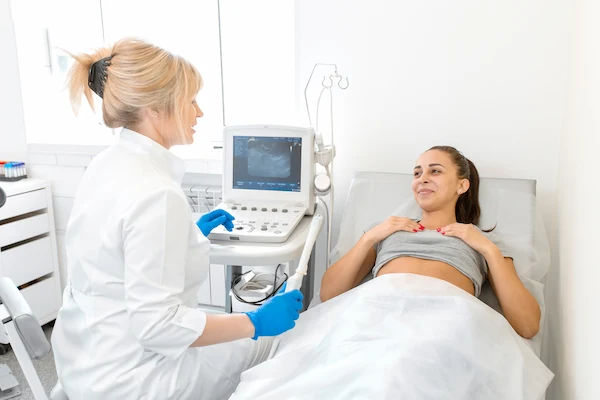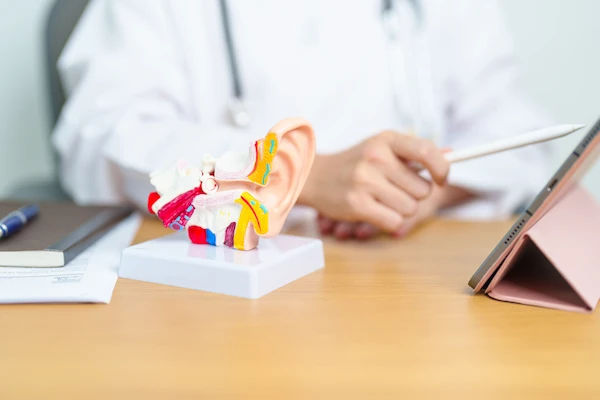- female
- 34 Years
- 23/01/2025
I'm 34 weeks pregnant and trying to understand some terms from my latest scan results. Can you explain what these foetal growth parameters mean? Like, what do 'bpd 86 mm', 'hc 312 mm', 'fl 69 mm', and 'ac 304 mm' indicate about my baby's growth? And, it says the estimated foetal weight is 2.5 kg, which sounds reassuring, but is that an average weight for this stage? Also, my amniotic fluid is normal with an AFI of 12 and the placenta is posterior with grade 2 maturity in the upper segment. They're saying there are no obvious anomalies now, and something about the Doppler study of the umbilical artery with terms like 'psv 36 cms' and 'edv 15 cms', and other readings like 'pi 0.84', 'sd 2.3', and 'diastolic filling good'. What do these mean for my baby? It also mentions the uterine artery on the right, and the foetal mca Doppler trace is within normal limits. I'm a bit confused about what all these mean, especially when they mention things like a single live foetus with a vertical lie and low head position. It sounds like everything is okay, but no IUGR and no cord around the babys neck are mentioned too. Could you help clarify all this for me?
Answered by 1 Apollo Doctors
-Your 34-week ultrasound report shows that your baby is growing well with normal measurements: Biparietal diameter (BPD) of 86 mm, head circumference (HC) of 312 mm, femur length (FL) of 69 mm, abdominal circumference (AC) of 304 mm, and an estimated weig
Dr. Dhankecha Suggests...
Consult a Obstetrician and Gynaecologist
Answered 04/07/2025
0
0

More Obstetrics & Gynaecology Health Queries
View allI've been experiencing an itchy sensation inside my uterus recently, and it's really concerning me. Could it be some sort of infection or maybe inflammation? Do you have any suggestions on how I can treat this, or are there any specific medications I should consider?
yes u can use it, visit ur physician for apprpropriate managent
read more![Doctor 1]()
![Doctor 2]()
Answered by 1 Apollo Doctors
I've just found out I'm pregnant and recently got a vaginal infection. I'm in my first trimester and wondering if it's safe for me to use Clotrimazole ointment. I'm really worried about the effects it might have during this early stage of pregnancy. Could you give me some advice on whether it's okay to use, or if there's something else I should consider?
no
read more![Doctor 1]()
![Doctor 2]()
Answered by 1 Apollo Doctors
Can you check the image of my laparoscopic ovarian cyst surgery report and let me know if everything looks normal or if there's anything I should be concerned about
kindly share report
read more![Doctor 1]()
![Doctor 2]()
Answered by 1 Apollo Doctors
Disclaimer: Answers on Apollo 247 are not intended to replace your doctor advice. Always seek help of a professional doctor in case of an medical emergency or ailment.





